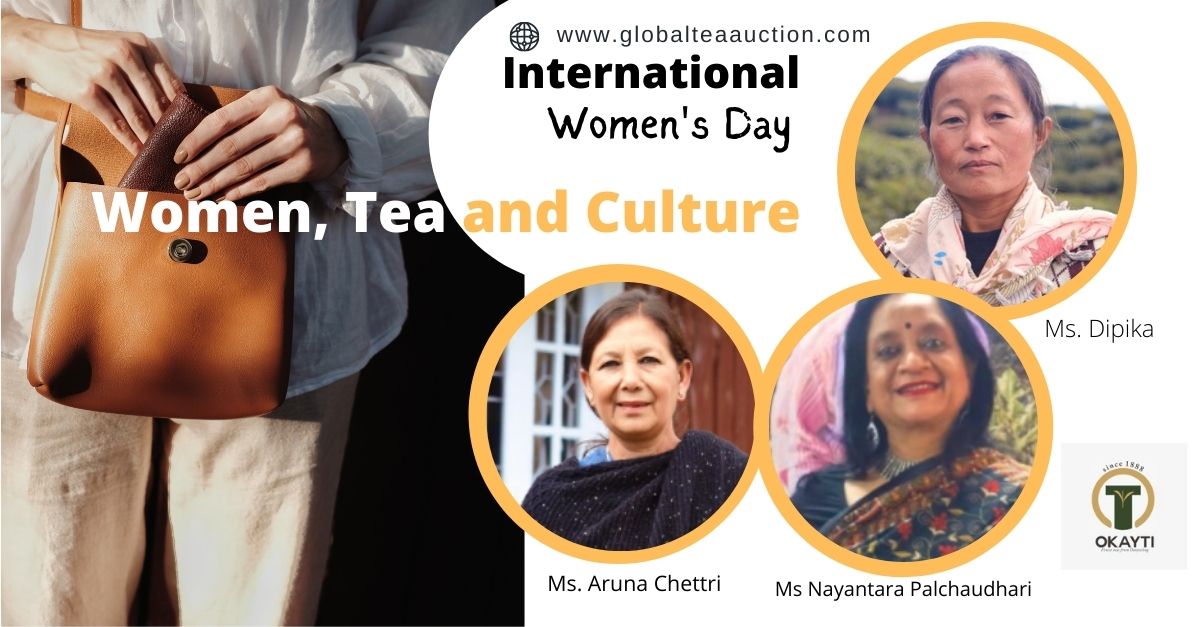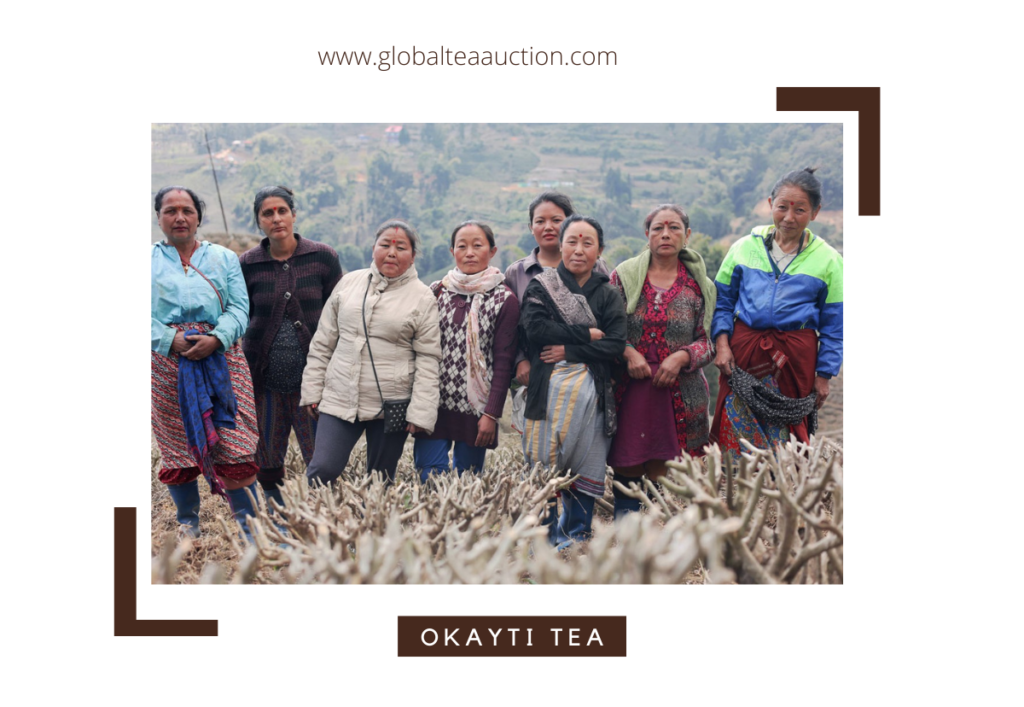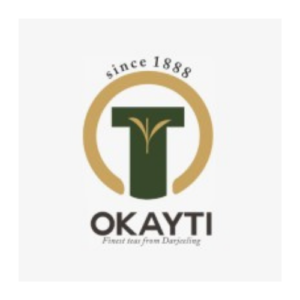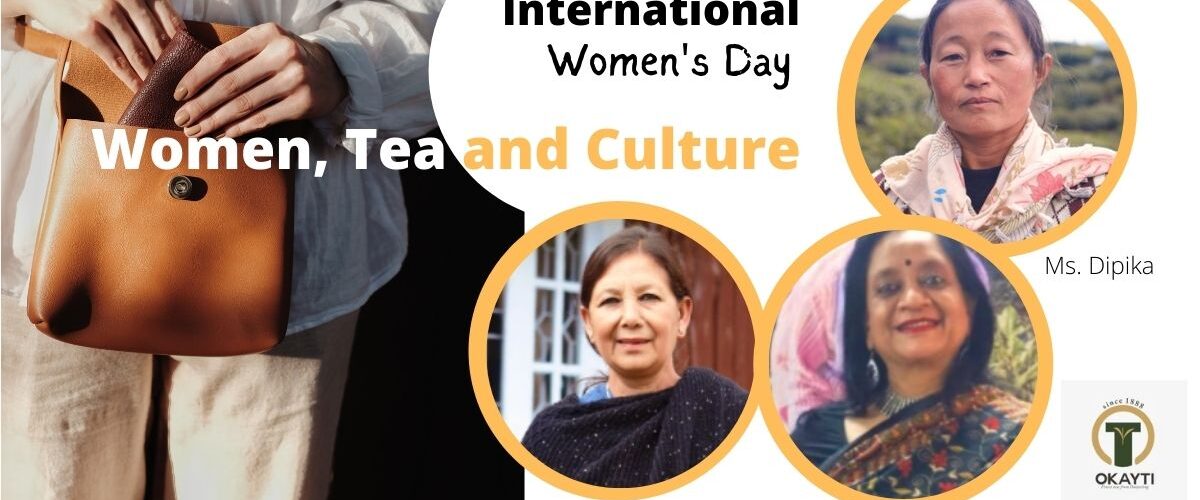
‘It is not only about breaking the glass ceiling, it is about working hard to prove yourself. Because at the end of the day one is only answerable to oneself.’ Ms. Nayantara Palchoudhari, the first women chairperson of the Indian Tea Association sharply commented over a telephonic interview. Indian Tea Association, a major and pioneer tea association was founded in 1881 to foresee the tea plantation in India and its several aspects. Since 1881, the association only had men as its chairperson. Ms. Nayantara is also the first women Vice Chairperson of the Tea Research Association.
In a different setting in a hillside overlooking other smaller hills with tea bushes in different shades of green, Dipika, perhaps the first women supervisor at Okayti Tea Estate headcounts the workers before dismissing them of their work. She is responsible for several workers and she makes sure that they do their job as required. Supervising the workers in any tea garden of Darjeeling has always been a man’s job. Proud and upright, Dipika remarked that her being the supervisor proves that no work is strictly made for either gender. While she works, her husband is responsible to look after the house and their child. Her husband will start working as soon as their child is big enough to go to school. ‘The work is different and it has its hardship but it is less rigorous than the hard work that the women workers under me do’ -she remarks and lets out a shy laugh.

Darjeeling’s tea industry from its inception has been sustained by the hard work of thousands of women workers who take care of the tea plants round the clock. The connection that they have with the plant is something incomprehensible for the outside eyes. They know every section of the tea garden and spend a major portion of their time in the green slopes, navigating their way from one tea bush to another, sometimes to pluck and other times to take care of the plant.
Although there are statistics that give us an appalling picture of gender discrimination in several sectors, it is these stories that provide us with courage and motivation to keep on working to be able to answer ourselves. Time surely is changing and people are constantly being exposed to the fact that professionalism, success, and excellence are not hindered by gender.

Okayti TEA
Sprawled in the undulating hills of magically scenic Mirik valley, Okayti Tea Estate is spread over 1,600 acres of beautiful landscape. Elevation ranges from 4,000 to 6,200 feet, making it one of the highest elevation tea estates in the region. One of the oldest and scenically breathtaking, Okayti Tea Estate is surrounded by tall pine trees with a remarkable view of the Himalayas. Carpeted with perfectly kept tea bushes and natural greenery, it has an astounding assemblage of flora and fauna.
Indian Tea Association has been driving its energy towards the welfare of the industry while also attempting to raise the standard of treatment of laborers through several intervention programs. Ms. Nayantara’s unhesitant approach towards menstrual and other aspects of women’s health in the tea gardens paints a bright picture before us while also lifting the veil from the topic that is seldom talked about. Glass ceiling is shattered and women enter into the realm once thought of as ‘men only’ zones and we hear their stories, their problems and most importantly the solutions that they device.
To realize a gender-discrimination-free industry is an ongoing process which Ms. Nayantara rightly agrees to when she says ‘it will take time for women to be in policymaking and lobbying, which is always better than not having the thinnest chance of women entering into such domains.’
*We thank Ms. Nayantara for giving us time and sharing her thoughts. We also extend our gratitude to Ms. Dipika for sparing her time. Writer: Okayti TEA

